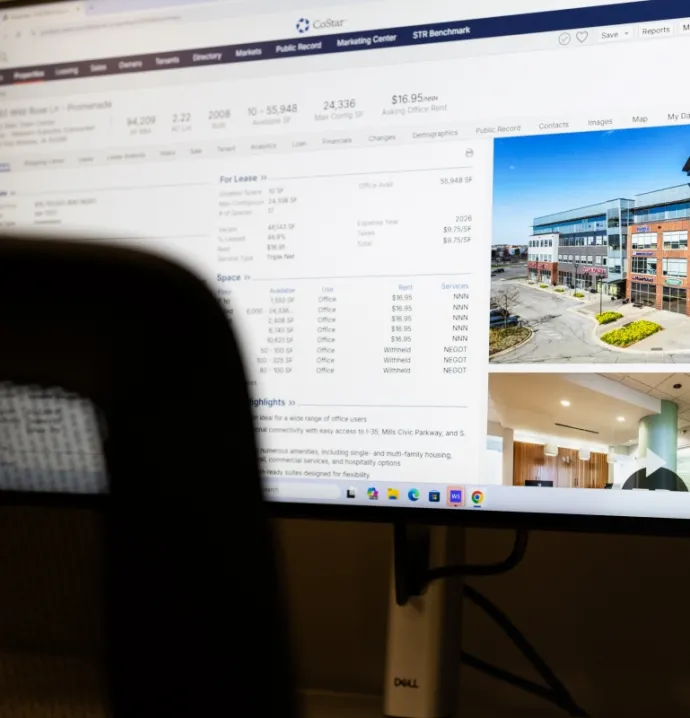Is it ethical to demand that a small minority bear almost forty percent of the income tax burden?
Is it ethical to demand that a small minority bear almost forty percent of the income tax burden?
You may have read that President Trump paid no federal income taxes for a few years. The press and rival politicians reacted with horror. Assuming President Trump accurately reported his income, losses, and other information, then there is absolutely nothing immoral or unethical about this result. The American income tax system is so complicated, that Americans hiring astute tax accountants and lawyers can often find legal loopholes to shield their income. I presume the president had access to such astute experts. The other possibility, of course, is that the President is a lousy businessman, who lost large sums of money. This possibility does not argue for his financial acumen.
Judge Learned Hand—yes, that was his real name—stated, “Anyone may so arrange his affairs that his taxes shall be as low as possible; he is not bound to choose that pattern which will best pay the Treasury; there is not even a patriotic duty to increase one’s taxes (quoted in Christopher Bergin, “Tax Avoidance Just Isn’t What It Used to Be,” Forbes, September 17, 2013, forbes.com/sites/taxanalysts/2013/09/17/tax-avoidance-just-not-what-it-used-to-be/#4317d40f5747).”
You may feel aggrieved that Americans with high incomes and wealth can legally shield their income from the federal income tax. The press and some politicians give the impression that plenty of rich Americans and large corporations pay minimal taxes. The reality is that, according to Internal Revenue Service data, the top one percent of taxpayers (which amounts to less than the top one percent of all adults, since many individuals do not file income tax returns) paid 38.5 percent of the total federal income tax in 2017, a rate similar to previous years. The tax laws passed a couple of years back may slightly reduce this proportion. These individuals’ adjusted gross income constituted 21 percent of reported income for the same year.
The top one percent of income earners paid more income tax than the bottom 90 percent (38.5 percent versus 29.9 percent of total income tax). Many people claim that “the rich don’t pay their fair share,” but these figures beg to differ. Americans have rarely confronted the realities of the federal income tax or the extreme distribution of the income tax. I do not know what would be a “fair” income tax distribution; I have my personal opinion, as I presume each of you has. If the top one percent were to stop paying income taxes, the federal government’s finances would be thrown into turmoil.
To be sure, the payroll taxes for Social Security and Medicare are “regressive” in that people with higher incomes pay a lower proportion of their earnings towards these taxes. One could argue, however, that social security taxes (they are not “contributions” as Social Security adherents want you to believe) are “fair” in the sense that what you pay in Social Security taxes is roughly commensurate with what you are projected to receive. In fact, the system is tilted towards people who earned low incomes during their working careers.
Is it ethical to demand that a small minority of Americans bear almost forty percent of the income tax burden in this country? If this is a democracy, shouldn’t the vast majority of people pay income taxes (even after deductions)? These are important questions, and both political parties seem unwilling to address them.
The views and opinions expressed are those of the author and do not imply endorsement by the University of Northern Iowa.




